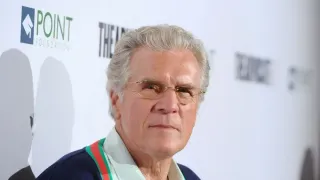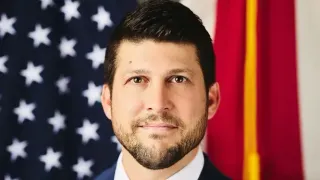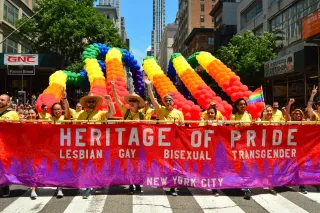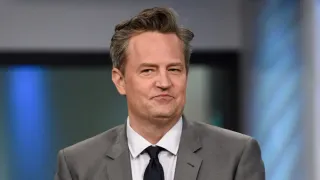October 5, 2015
Familiar, Divisive Social Issues On Supreme Court Agenda
Mark Sherman READ TIME: 3 MIN.
The Supreme Court's new term began Monday with no cross words between the justices, although a steady stream of divisive social issues awaits them in the coming months.
In their first public meeting since a number of high-profile decisions in June displayed passionate, sometimes barbed disagreement, the justices were deferential to each other even as they engaged in typically aggressive questioning of lawyers.
The court also rejected hundreds of appeals that piled up over the summer, including one from the Obama administration that claimed it will have a much tougher time prosecuting insider-trading cases because of a lower court ruling from New York. San Jose, California also lost its bid to lure the Athletics from Oakland over the objection of Major League Baseball.
Without comment, the high court left in place a decision by the federal appeals court in New York last year that threw out the insider trading convictions of two high-profile hedge fund managers. The federal government's pursuit of insider trading on Wall Street resulted in more than 80 arrests and 70 convictions over several years.
Just after 10 a.m., Chief Justice John Roberts formally closed the previous term, most notable for its decision extending same-sex marriage nationwide, and began the new one.
As often happens, 82-year-old Ruth Bader Ginsburg was the first justice to speak in a case that involves a California woman who lost her legs in a horrific accident after she fell while attempting to board a train in Innsbruck, Austria. The issue is whether she can sue the state-owned Austrian railway in U.S. courts.
Ginsburg sounded skeptical that the lawsuit could proceed. "There is one contact with the United States. A pass is bought from a travel agent in Massachusetts, a pass covering 30-odd railroads. That's all that happened in the United States," Ginsburg said during the hour-long argument.
All the other justices, except Clarence Thomas, eventually joined in the questioning and most seemed to agree with Ginsburg.
Consensus almost certainly will give way to division when the court takes up cases later this term that deal with abortion, religious objections to birth control, race in college admissions and the power of public-sector unions. Cases on immigration and state restrictions on voting also could make it to the court in the next nine months.
The term will play out against the backdrop of the presidential campaign, in which some candidates are talking pointedly about the justices and the prospect of replacing some of them in the next few years. Four justices are in their 80s or late 70s, led by Ginsburg.
Commentators on the left and right say the lineup of cases suggests that conservatives will win more often than they will lose over the next few months, in contrast to the liberal side's success last term in gay marriage, health care and housing discrimination, among others.
"This term, I'd expect a return to the norm, in which the right side of the court wins the majority, but by no means all of the cases," said Georgetown University law school's Irv Gornstein.
One reason for the confidence is that, as Supreme Court lawyer John Elwood said: "This is a term of sequels." Affirmative action and union fees have been at the court in recent terms and the justices' positions are more or less known.
The larger question is whether there are majorities for major rulings that, for example, would all but outlaw the use of race in admissions or declare that workers' free-speech rights preclude unions from collecting any money from non-members. Both cases also could produce narrower outcomes that would be less damaging to affirmative action and unions.
No single case before the justices in the new term holds the significance of the court's 5-4 decision in June that extended the right to marriage to gay and lesbian couples nationwide.
But the author of that opinion, Justice Anthony Kennedy, probably will play a similarly decisive role in the most important cases to be heard by the court. "On issue after issue, Kennedy provides the deciding vote," said conservative commentator Ed Whelan, no fan of Kennedy.
Conservative ire over some Kennedy opinions is almost routine. But Chief Justice John Roberts, who marked his 10th anniversary on the court this year, also has faced intense criticism from conservative quarters, mainly for his two votes in favor of the Obama health care overhaul. In a Republican presidential debate last month, Texas Sen. Ted Cruz called Roberts' appointment to the court a mistake. Even former Florida Gov. Jeb Bush hesitated when asked whether he agreed with Cruz. Bush's brother, President George W. Bush, nominated Roberts in 2005.
Former Attorney General Edwin Meese and 68 prominent conservatives issued a memo Friday that mentions Samuel Alito, Antonin Scalia and Clarence Thomas as the kind of justices the next Republican president should fight for. There was no mention of Roberts.






